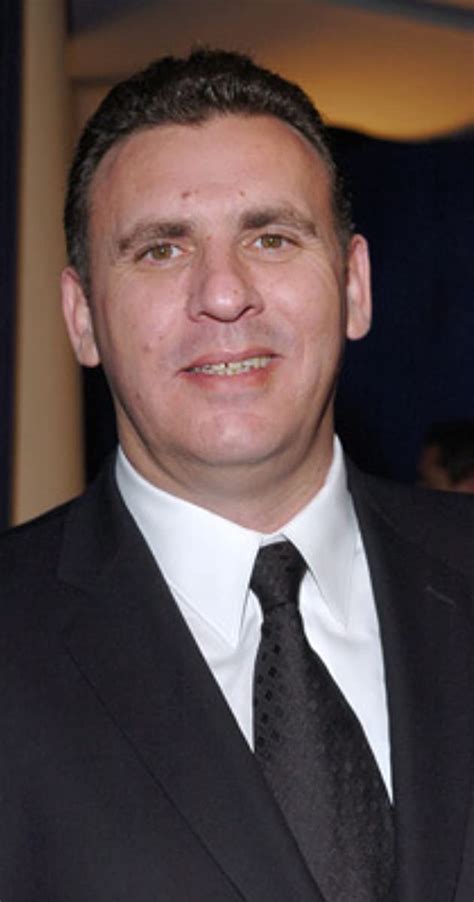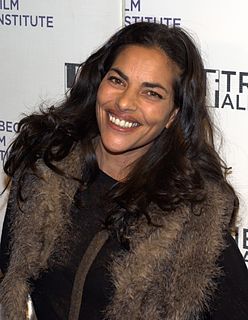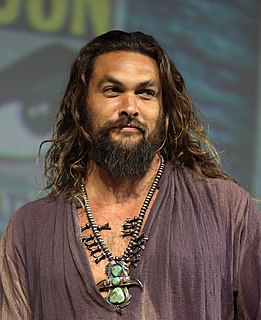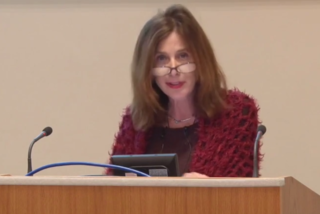A Quote by Rachel Morrison
I don't love cinematography that's very flashy because I find that it keeps the audience from becoming a part of the film; it becomes sort of self-reflective.
Related Quotes
[Hillary Clinton] sort of very cautious kind of uncomfortable, clumsy interaction with the black lives movement, who are very smart in recognizing that historical memory matters, that those legacies live on when you don't identify them, when you're not willing to be in dialog with them, when you're not willing to be self-reflective about the very part that you played as part of that apparatus of power.
It's a passion when you're doing it for other people and you're doing it for the people around you making the film and the people who are going to see the film, and the giving. When you start thinking about you doing it for some sort of self-gain, then I think it becomes an obsession. It becomes a negative experience.
Grace is what matters. In anything. Especially life, especially growth, tragedy, pain, love, death. About people, that's what matters. That's a quality I admire very greatly. It keeps you from reaching for the gun too quickly; it keeps you from destroying things too foolishly; it sort of keeps you alive and keeps you open for more understanding.
In The Shining, you love Shelley Duvall. You love Jack Nicholson. You're let into the intimacy of that violence and it's emotional and it's physical. We're let in very close. So I think a good horror film has to pull you in very deeply inside. Halloween is a good horror film because we love Jamie Lee Curtis, we're brought very deeply in right when she's babysitting the kids. She's going from house to house, all those houses have windows that you can look in. We're a very vulnerable and exposed audience.
Even towards yourself you have to be tremendously loving, because you too are god's form. One has to love oneself, one has to love all. Love is prayer. And the more you love, the more you will feel your consciousness expanding, becoming bigger - because whomsoever we love becomes part of our being, we include him. Mm? A bird on the wing, and we look at the bird with great love - suddenly we are not two: the bird is inside us and we are inside the bird.
Ironically, often the thing that keeps me from experiencing joy is my preoccupation with self. The very selfishness that keeps me from pouring myself out for the joy of others also keeps me from noticing and delighting in the myriad small gifts God offers each day. This is why Walker Percy describes boredom as "the self stuffed with the self."
It's very important that a film that intends to play tricks on the audience... has to play fair with the audience. For me, any time you're going to have a reveal in the film, it's essential that it have been shown to the audience as much as possible. What that means is that some people are going to figure it out very early on. Other people not til the end. Everybody watches the film differently.





































